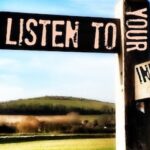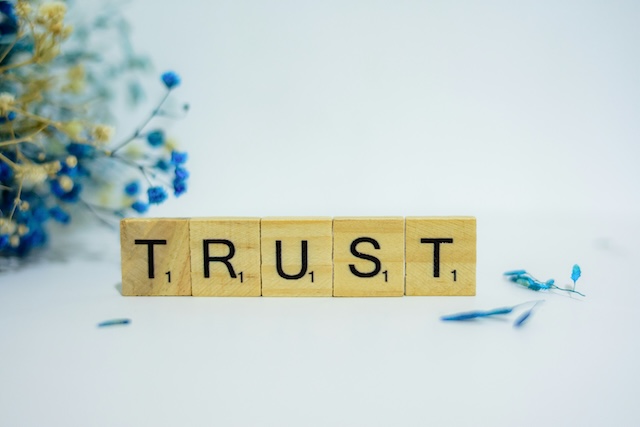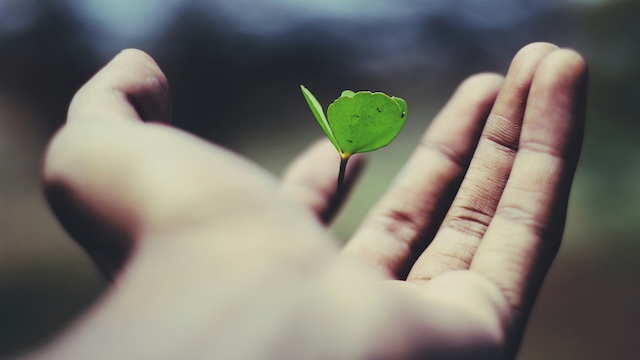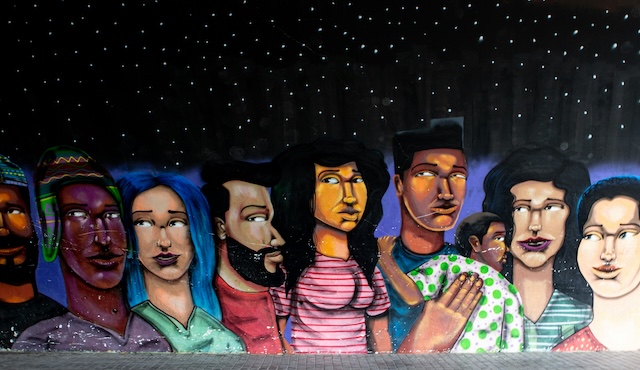Climbing mountains and molehills are both pathways of achievement.
—Calm App Reflection
Some chase mountain peaks that scrape the sky. Others tackle the tiny molehills that pop up in everyday life.
In truth, both climbs matter.
A mountain tests stamina and courage while a molehill tests patience and perseverance.
Each step — whether over rock or routine builds strength, resilience, and a quiet sense of pride. Sometimes, scaling a pile of laundry, or finishing a tough email feels as triumphant as reaching the summit of Mt. Everest.
The real magic isn’t in the size of the climb but in the will to rise.
So, celebrate every ascent, big or small. After all, achievement isn’t always measured in altitude – it’s found in attitude!
EXERCISE:
Each day, write down one “mountain” challenge and two “molehill” tasks. At the end of the week, reflect on how both types of victories made you grow and built your motivation for the days and weeks ahead.














